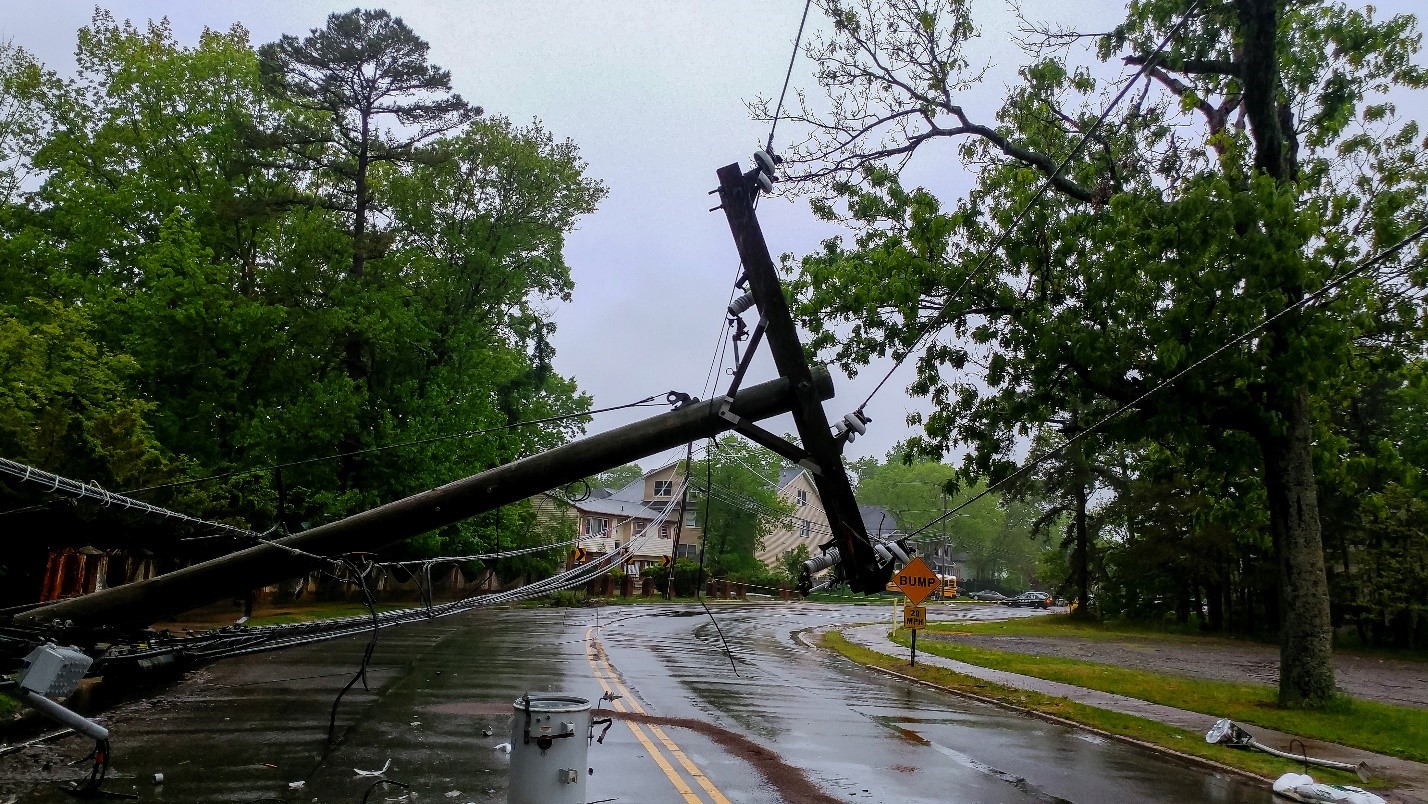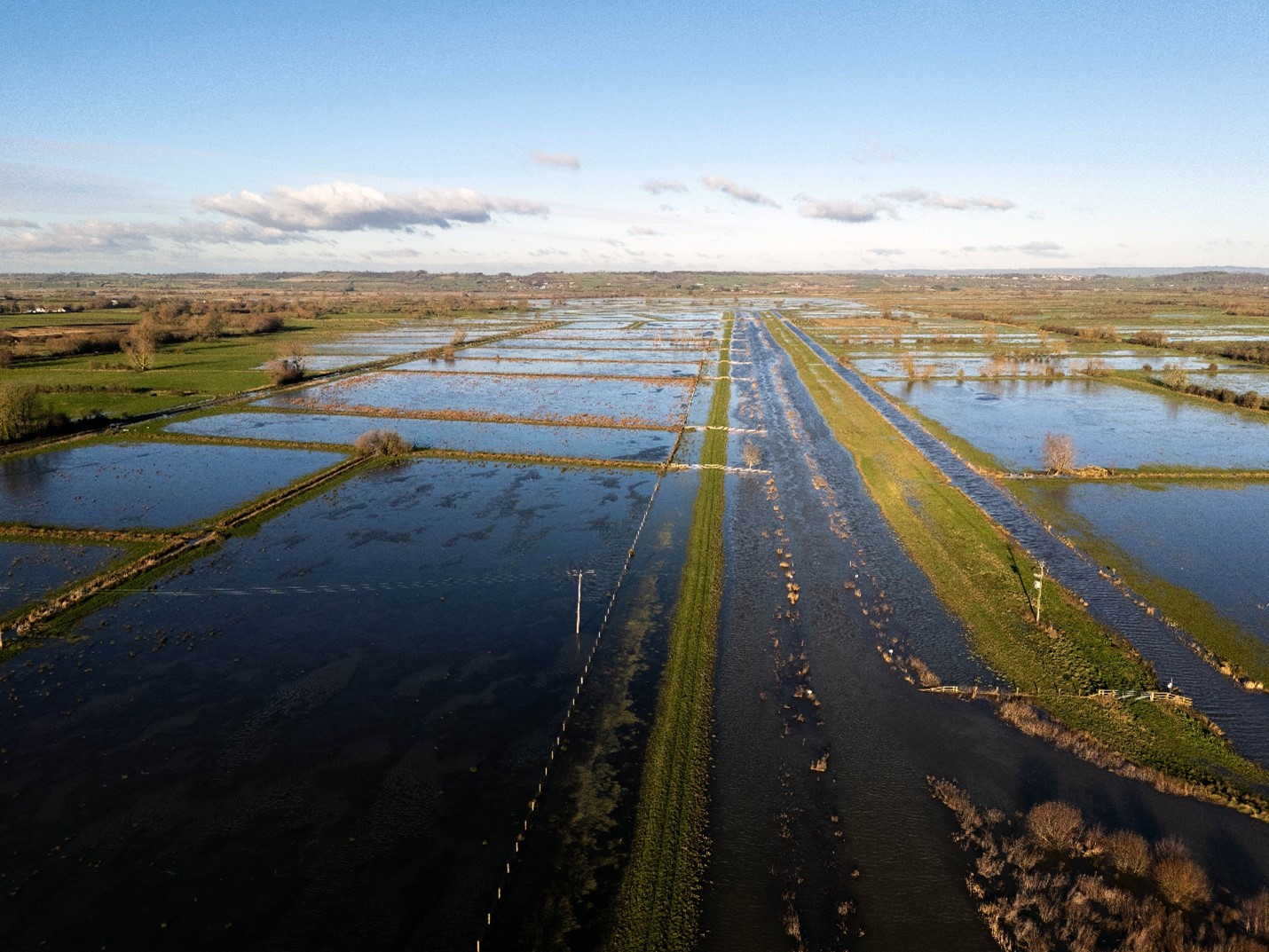Content provided by Law Firm Carolinas. Original article can be found here.
Hurricane Helene’s impacts and devastation are still being assessed, but we are already hearing from community associations in the Western part of North Carolina about catastrophic damage to dwellings and infrastructure. Now, the focus is simply on restoring access to working phones, power, and water and making sure that association members are safe with access to emergency services. Soon, however, we will begin the arduous task of damage assessment and rebuilding. All of this will take enormous amounts of money. We are already receiving questions about whether associations should impose some type of moratorium on the collection of assessments from owners who may be affected by the storm.
Before association boards adopt this approach, there are some factors that must be considered and are discussed in my law partner Jim Slaughter’s 2020 blog, What to Do About HOA/Condo Finances & Assessments During the Coronavirus. The disaster may have changed, but the factors to consider have not. Associations are going to need funds to cover mandatory, ongoing financial obligations (which will continue regardless of this disaster) and to start reconstruction.
This is also the time for associations to consider whether any of their contracts may have “force majeure” clauses that can provide relief from payment in the immediate aftermath of the hurricane. “Force majeure” is the legal concept that based on circumstances (war, insurrection, governmental action, or natural disasters), parties to a contract may be excused from their obligation to perform or to pay for performance. During Covid, some associations were able to terminate or suspend contracts for services they were not able to utilize. There will be many associations in North Carolina that no longer need landscaping or maintenance because the item to be worked on is gone- or damaged to such an extent that it can’t receive the services.
the immediate aftermath of the hurricane. “Force majeure” is the legal concept that based on circumstances (war, insurrection, governmental action, or natural disasters), parties to a contract may be excused from their obligation to perform or to pay for performance. During Covid, some associations were able to terminate or suspend contracts for services they were not able to utilize. There will be many associations in North Carolina that no longer need landscaping or maintenance because the item to be worked on is gone- or damaged to such an extent that it can’t receive the services.
In other cases, an association may be entitled to some relief from a contractual obligation by the concept of “frustration of purpose.” This is the concept that parties to a contract may be entitled to relief from performance when some fundamental purpose of the contract ceases to exist, effectively making the contract void. Frustration of purpose defenses to contracts are not automatic, however, and a party seeking to avail itself of this method of relief will need to establish that they could not have reasonably protected themselves against the risk of loss at the time of contracting. Parties also must typically demonstrate that they used reasonable efforts to mitigate their own damages before availing themselves of this defense.
We understand that community association boards will be sympathetic to members and their financial situations, which may have been devastated by the storm. However, we strongly urge against taking any approach to alter collections without first carefully considering the actual impact of the storm on a particular community or the members’ ability to pay.
Please contact any of the community association attorneys at Law Firm Carolinas in North or South Carolina to discuss these important issues.


